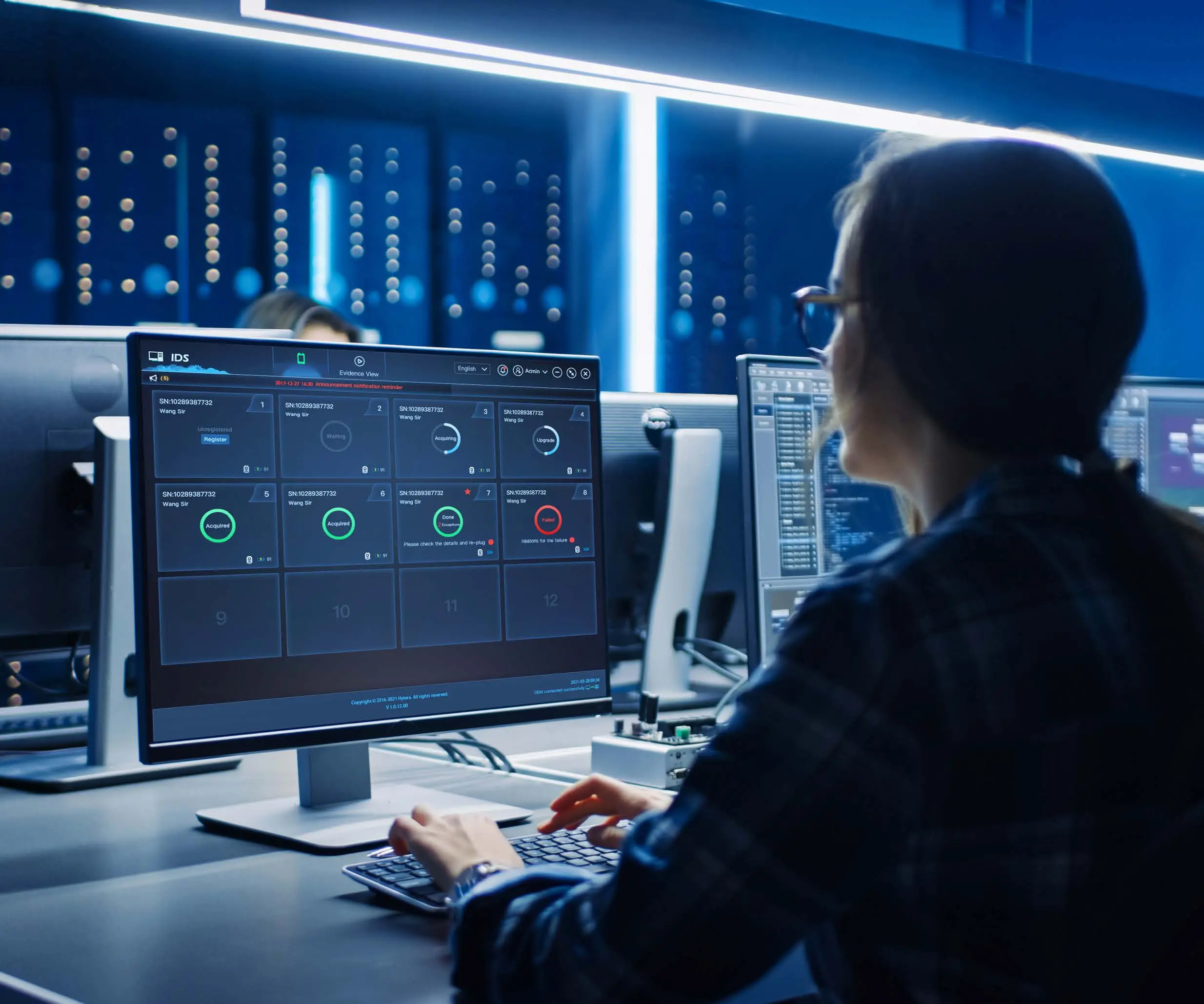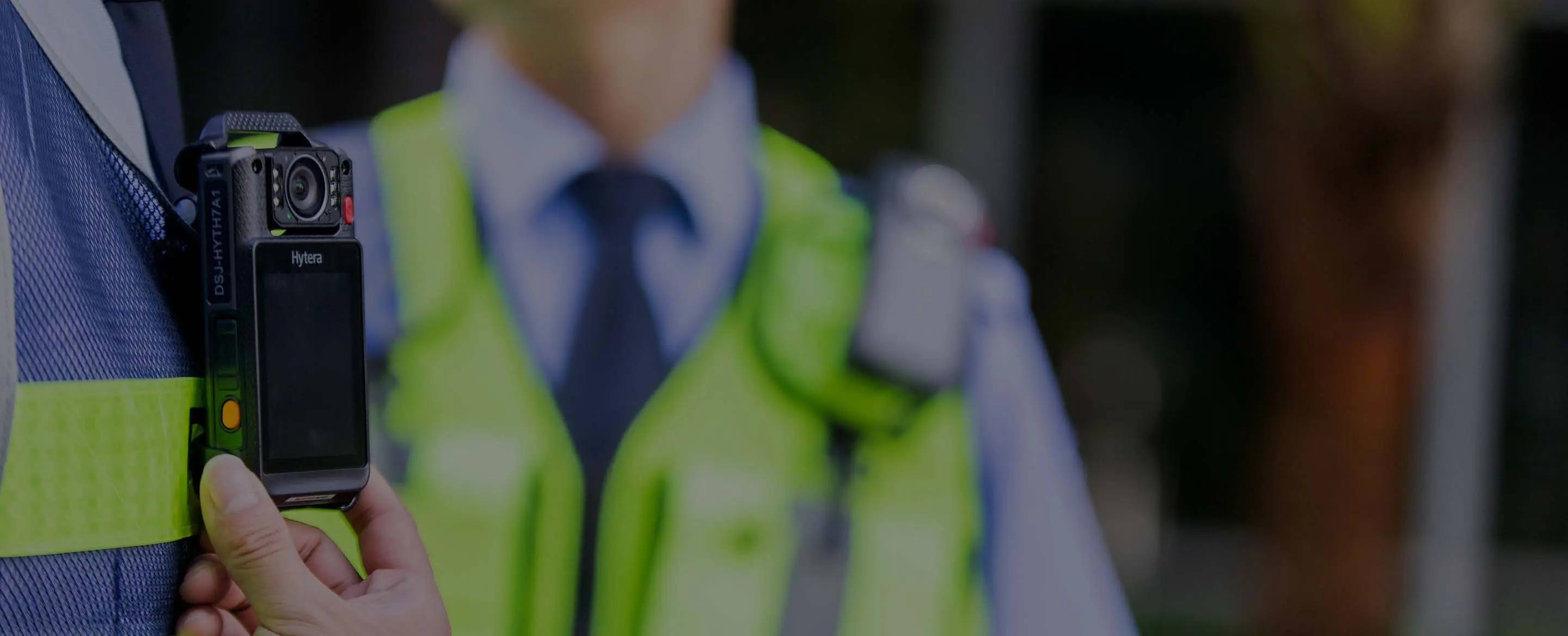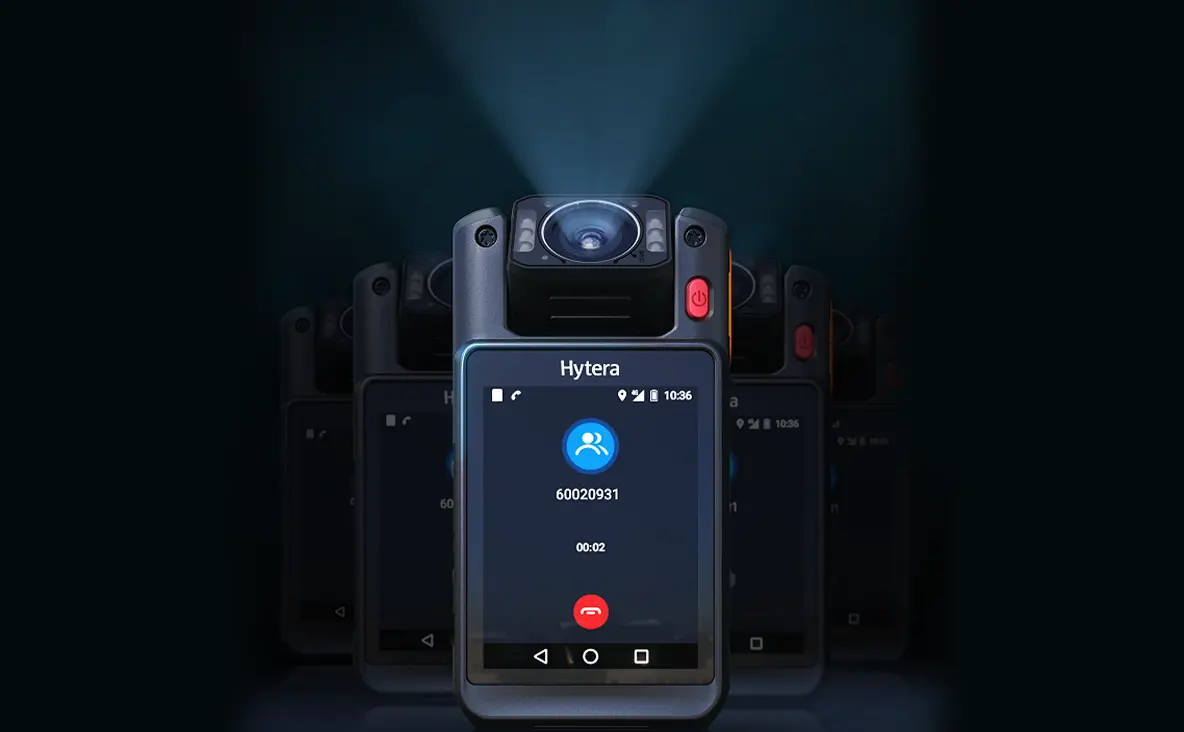
Why The Police Should Wear Body Cameras?
In trials, eyewitness accounts often differ, and video footage can be used as evidence. Video footage can also be used to train recruits and discipline officers who violate department policy. Additionally, body camera video could dispel false rumors of police misconduct.

Body Cameras Benefit Police Officers
-
Increase Officers Safety
Body cameras elevate the behavior on both sides of the camera. If people know they are being rerecorded, they behave more appropriately and less aggressively, thus keeping the police safe. In addition, the cameras improve the professionalism of the police because they know that everything they say and do will be documented.
-
Increase Public Confidence in Policing
Body camera footage should be made available to the public upon request - doing so allows police departments to demonstrate transparency and openness in their interactions with community members. This apparent transparency does affect public perception and confidence in the police.
-
Offer an Impartial Eyewitness and Aid in Court Proceedings
People who attended the same event hadwildly different memories of what happened. Body cameras record events andconversations exactly as what they are, providing law enforcement officials andthe public with an unbiased record. Video has increased the number of pre-trialguilty pleas and enhances their ability to obtain convictions.
-
Reduce Unwarranted Complaints
Allegations of police misconduct are always a serious problem, especially when they are misinterpreted or fabricated by community members. A study by the UNLV Center for Crime and Justice Policy found that wearing body cameras can reduce misconduct complaints by as much as 30 percent.
-
Improve Officers Training and Development
Real-life examples are the most effective training material for those working in high-stress, high-stakes, high-responsibility jobs. Body cameras often include video and audio, making them a valuable addition to police training programs.
-
Reduce Paperwork Time for Officers
With these ultra-rugged devices designed for life in the field, officers can effortlessly upload video footage and attach it to case files. They'll spend less time typing and fiddling with paperwork and more time serving their communities.

Digital Evidence Collection and Management
Docking Station and Integrated Docking Software (IDS) smartly, efficiently, and securely support data collection, storage retention, and essential evidence management. Massive data is uploaded to Digital Evidence Management System (DEM) for centralized and secure management through Integrated Docking Software (IDS), IP networks, WLAN, public and private networks. This digital evidence collection and management solution enhances collaboration inside and outside your organization.
How and When Body Cameras Are Used?
When the body camera is turned on, it starts capturing a rolling 20-second looping video, but no audio. The camera only saves the 20-second video if the officer activates the camera to record. When the camera is activated to record, the first 20 seconds of the video will be included in the recording.
While it starts to record, a flashing red light will appear in the center of the camera, making people aware that they are being recorded.




